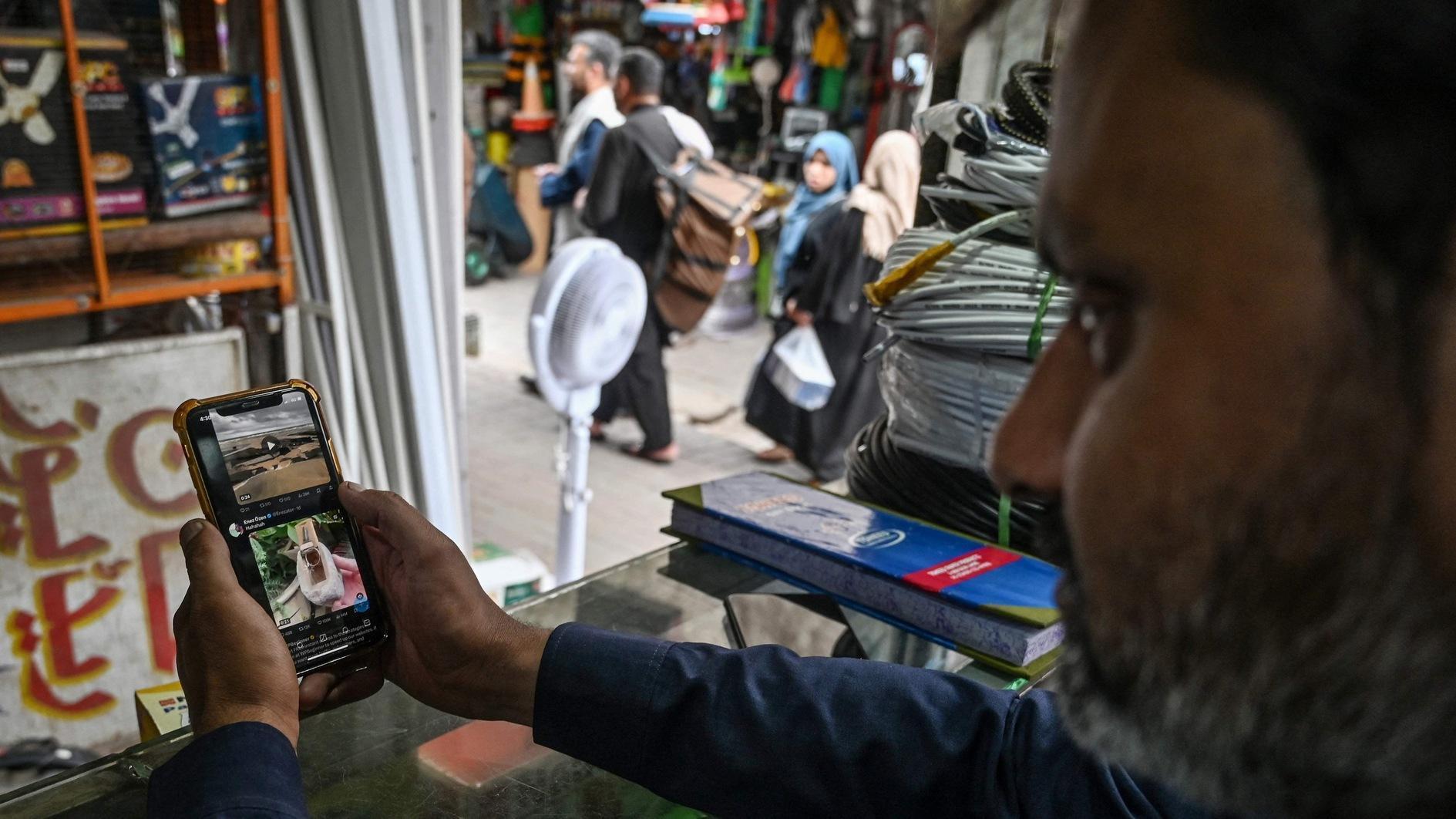Absolute unity for relative security
President Recep Tayyip Erdoğan famously declared two days ago that Turkey had deported the main perpetrator of the recent attack in Belgium, Brahim el-Bakraoui, last summer to the Netherlands. Despite Turkey’s warnings that Bakraoui was a foreign terrorist fighter, he was apparently set free by Dutch authorities.
What makes this situation much more problematic is that it is not the first case. Turkey has deported about 3,300 people so far, the majority of which have been later set free by their source countries in Europe. Moreover most of these released people have tried to enter Turkey once again and have been deported for the second time.
There are stories that are more than anecdotal. For example, the French police lost three jihadists Turkey had deported to France in the summer of 2014, since they were waiting at the wrong airport. The suspected Islamic State of Iraq and the Levant (ISIL) fighters deported from Turkey were to arrive in Marseilles, but instead, French police waited for them at the Paris Orly airport. So the three men passed through customs and wandered off. Furthermore, they eventually handed themselves in, which caused a great crisis in the country.
There also jihadists who have conducted terrorist attacks after they were deported by Turkey and set free by the European security officials. In early February, 2015, a jihadist named Moussa Coulibaly stabbed three soldiers guarding a Jewish community center in southern France. French officials later came face to face with the reality that Coulibaly had been deported from Turkey only a few days before the attack, then released by the French officers.
Another problem is that European countries are not sharing intelligence, neither with each other nor with Turkey. One year ago after three British schoolgirls left London, they headed to southeastern Turkey and crossed into an ISIL-controlled area of Syria. They had been able to enter Turkey since Britain had not shared any intelligence with Turkey beforehand, which later caused a crisis between the two countries.
That’s not all. One of the perpetrators of the Paris attack on November 13, 2015, had been hunted in Brussels, the capital of Belgium, desperately for months. The capital had been literally under state of emergency since then. Yet still, the recent attack in Brussels could not have been prevented. In other words, “absolute security” cannot be achieved no matter how great the measures taken may be. This also applies to Turkey as the series of terrorist attacks in Turkey for the last 7 months has also revealed. This is exactly why it is impossible to achieve absolute security along the Turkey-Syria borders as well.
In short, all of the countries are exposed to and vulnerable to terror to the same extent. Hence we are all victimized equally by the each and every incident around the world.
This is why the only way to fight against this new kind of terrorism is to struggle wholeheartedly. The countries under this threat need to come together at the soonest time possible and create a joint pool of intelligence.
More importantly, they need to tackle the root causes of this “new normal” and struggle together to prevent the further radicalization and marginalization of Muslim communities throughout the West.
What we need is absolute unity to achieve relative security.











